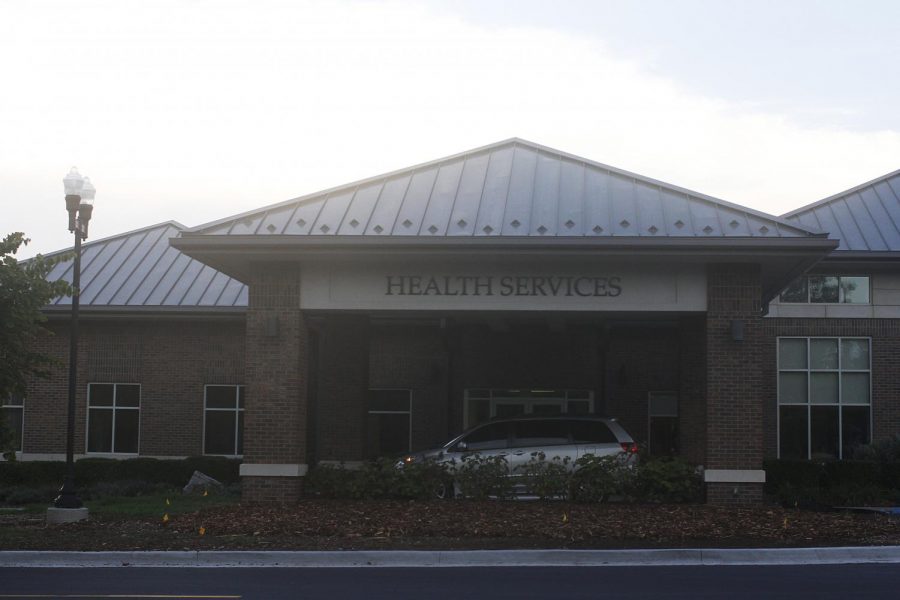CHHS Diversity and Inclusion Week offers HIV testing
Due to recent budget cuts at WKU, Health Services at WKU has been privatized and is now managed by the Graves-Gilbert Clinic. Jake Pope/HERALD
March 29, 2022
HIV testing is being held at the Health Services center from 8 a.m. to 12 p.m. on Tuesday, March 29. It is usually held monthly, but this testing event is also being held in conjunction with the College of Health and Human Service’s Diversity and Inclusion week.
This testing is used to detect the presence of sexually transmitted diseases, specifically HIV, a virus that affects the body’s immune system and can lead to more dangerous autoimmune diseases. It is an important resource for college campuses, since some students become sexually active but are unaware of the health risks.
Angel Parker, instructor at the College of Health and Human Services and member of the Diversity, Equity and Inclusion committee at WKU, helped put together the event.
She explained everything about the testing is confidential, and that it involves a finger prick and small collection of blood to run through various test solutions to indicate a positive or negative HIV result.
She also spoke on why this event specifically has been tied to the CHHS Diversity and Inclusion week.
“Knowing your status is important for everything, and being in college, knowing if you have anything is vital. It ties into Diversity and Inclusion week because there’s an education aspect. In a lot of schools in the area, abstinence only is what they teach; it’s [HIV testing] breaking that barrier,” Parker said. “HIV is connected with certain groups of people, but we see it in all walks of life. It’s important to educate and let people know it can happen to everybody.”
Parker believes that promoting and providing services like this help normalize safe sexual practices. She explained how it’s a lack of education on the topic that has created a stigma around HIV testing and that this is why it is especially vital that college students are given this resource.
“In my personal opinion, people are almost afraid or they feel less than to go get tested. I think it’s just a lack of education on the topic. It’s important to know your status to prevent the spread, so knowing how to have safe sex and having safe sex practices to make sure you’re aware of your body is vital,” Parker said. “It’s normalizing getting tested. There’s tons of resources, and a lot of the time kids just don’t know these resources exist, it’s an unknown and a lack of education on it, and the system has failed them. Getting tested is one of the many steps to knowing your sexual health.”
She wants students to know that it is a simple test that has the benefits of understanding your sexual health. It also will lead to being more educated about the topic and give the change to help make HIV testing more normalized.
“It’s completely confidential, just go to know your status and educate yourself,” Parker said. “Everything comes back to being educated, and by promoting these events it makes it less taboo and more normal, and we need that to happen.”
News reporter Alexandria Anderson can be reached at [email protected].















